Do I have to pay a deposit?
Under German law, landlords have no automatic right to a deposit, but generally you will have to pay one. That’s because landlords tend to include the deposit in legally binding rental contracts that you’ll have to sign before you move in.
“Tenants usually have to pay a security deposit at the beginning of the tenancy,” the German Tenants’ Association explains. “This is to protect the landlord in the event that the tenant does not properly fulfil his obligations under the tenancy agreement, fails to make payments, and so on.”
However, there are some laws that govern how much landlords are allowed to ask for and how long tenants should be given to pay. So if your deposit seems unbearably high or they’re asking for it upfront, you may have options.
Here’s the lowdown on the rules.
How high should my deposit be?
It’s common to be asked for around two months’ rent as a deposit, though under German rental law, your landlord is entitled to ask for a maximum of three.
Crucially, this refers only to what’s known as the Kaltmiete – or cold rent – which is the sum you pay for use of the property without additional costs like service charges, hot water and electricity.
So if your new apartment costs €500 ‘cold’ and you’re expected to pay €100 extra per month for bills and services, you landlord will still be able to charge you a maximum of €1,500 as a deposit in total. If they’re asking for €1,800, that’s too high.
It’s worth noting here, however, that this rule only applies to residential lets – in other words, to properties you want to live in. For commercial lets such as offices, there’s no maximum deposit, since these facilities often come with expensive equipment like computers and printers that the landlord will want to protect.
READ ALSO: Six confusing things about renting a flat in Germany
Do I have to pay it all at once?
No. If you need to, you should have the option of paying the option in three monthly instalments. The first of these would be due on top of your first month’s rent, and the next two would be paid alongside your rent over the subsequent two months.
The crucial thing about this is that, contrary to popular belief, you don’t have to pay your landlord a deposit before you move in – and you certainly don’t have to pay it all in one go. If your landlord is asking for an upfront lump sum in your contract and you’d prefer to pay gradually, it may be worth asking for them to change that in the contract before you sign it, referring them to this clause of the German Civil Code (§ 551, paragraph 2, BGB).
This will instead mean that you pay twice your usual rent for the first three months of living in the building, with half of the money going towards the deposit.
Of course, the landlord also has some important rights here, especially if you don’t pay the deposit as arranged. Under § 569, paragraph 2a of the German Civil Code (BGB), letting agents and other landlords can terminate a rental contract without notice if the tenant falls into arrears within these three months.
In other words, paying in instalments shouldn’t ever be used as a way of avoiding paying the deposit. It may be tempting to hope your landlord will forget all about it once you move in, but if you miss a payment, you could unfortunately end up hunting for houses yet again.
When do I get the deposit back?
All being well, you should get the deposit back at the end of your tenancy once you’ve completed your handover of the keys and moved out of the property.
Be aware, though: if the walls need repainting or there’s any other wear and tear to the property that need fixing, you may not get the full amount, so be sure to leave the apartment as close to its original condition as possible.
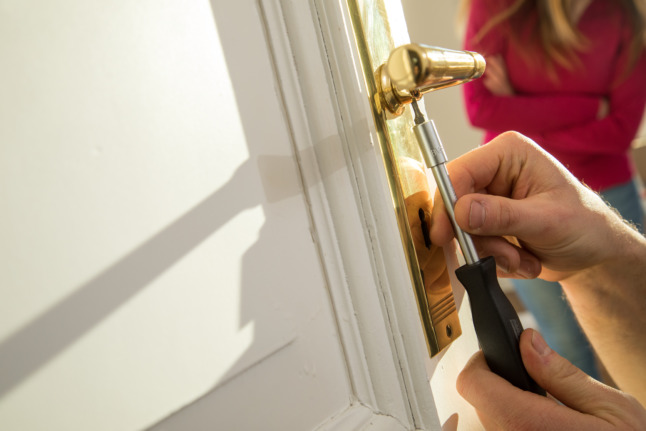
READ ALSO: EXPLAINED: How to get a rent reduction for problems in your German flat
What else do I need to know?
When you give your landlord a deposit, always make sure you get a receipt of some sort – especially if you pay in cash. This should confirm that you have paid the deposit and detail how much it was. If you transfer the money to the landlord, keep the corresponding account statement until after you move out. This evidence will come in handy when you ask for your deposit back as you’ll likely need to prove that you paid it in the first place.
Another important rule to be aware of is that the landlord should never keep your deposit in the same bank account as their private or business income, but rather in a special account for tenants’ deposits.
“In most cases, tenant and landlord agree on a so-called cash deposit,” writes the German Tenants’ Association. “In this case, the landlord receives the deposit amount in cash or, as a rule, it is transferred between bank accounts. He must then invest it in a special account, separate from his other assets, so that it is insolvency-proof.”
Legally, it’s important to note that the security deposit remains legally yours for the duration of your tenancy, but your landlord has stewardship of it as a means of ensuring that you abide by the terms of your contract.
If you have any questions or concerns about your deposit or any other aspect of your rental contract, it could be worth joining a Mietverein (renters’ association).
Read our helpful explainer to find out more:
How to join a Mieterverein (renters’ association) in Germany

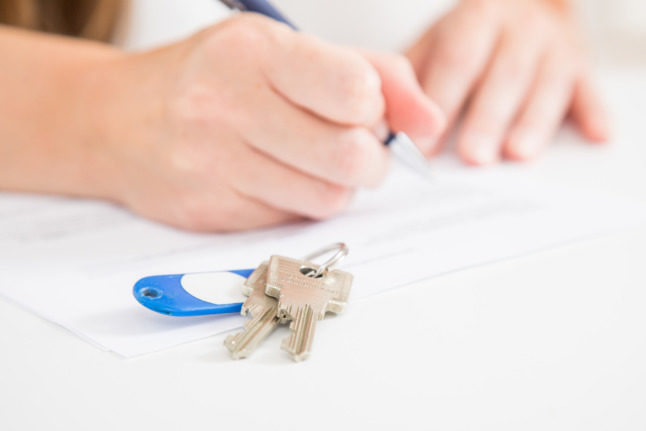

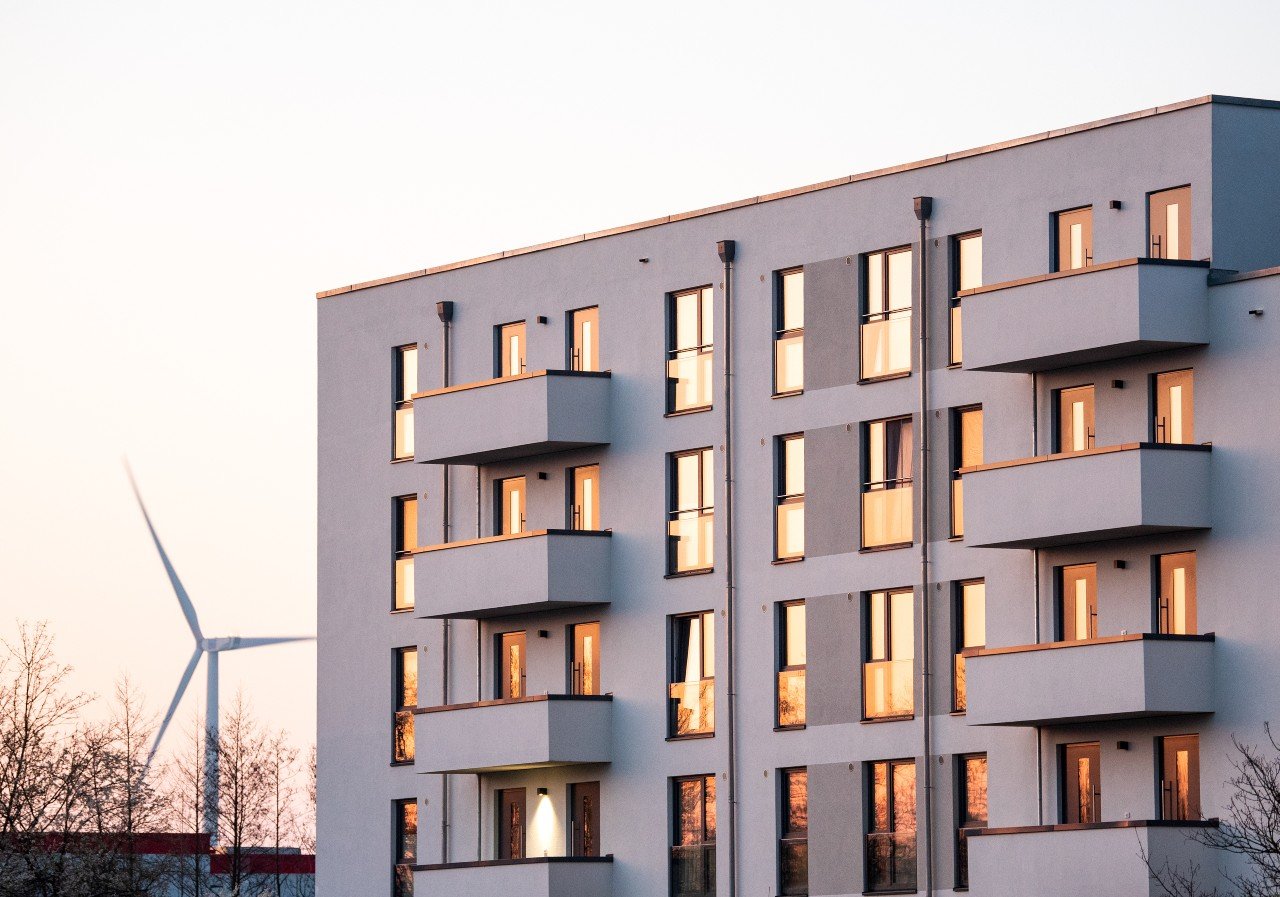

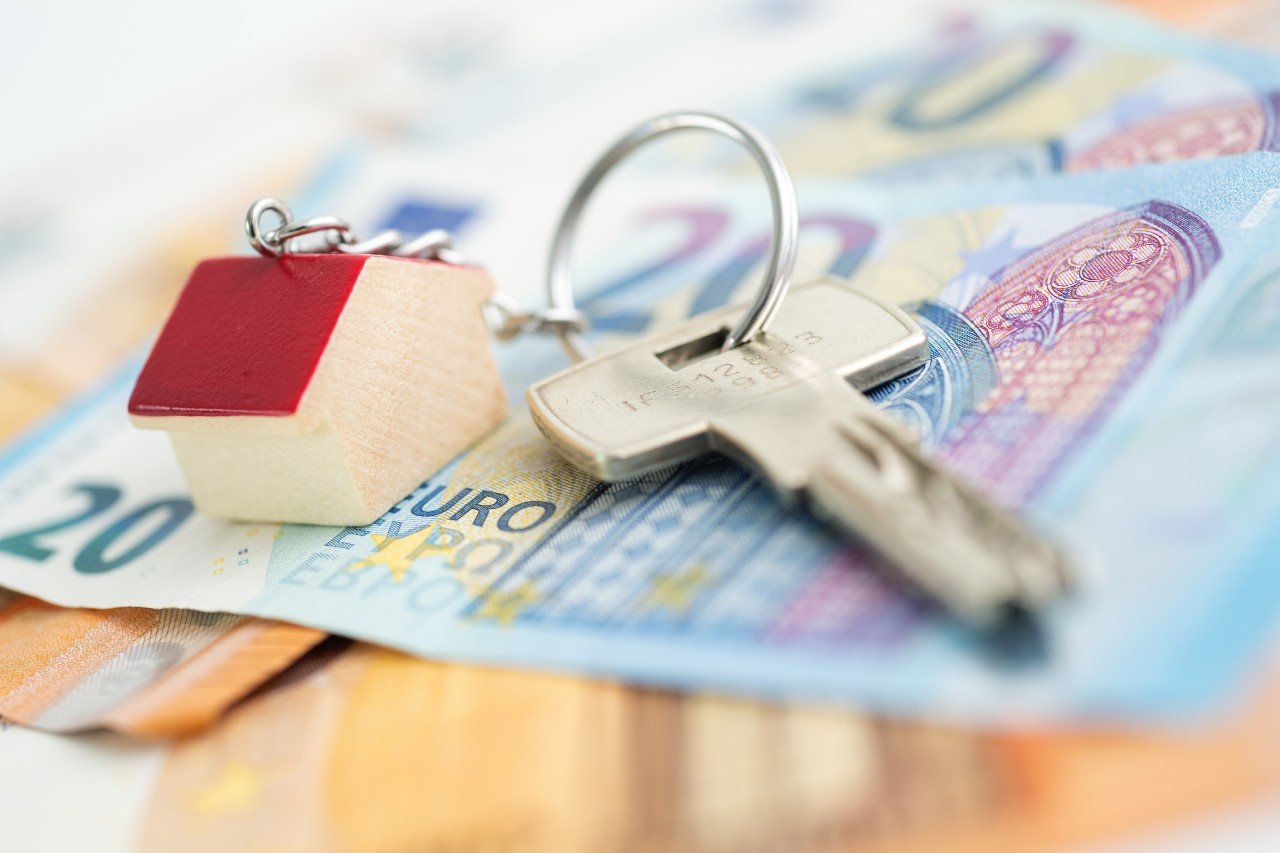
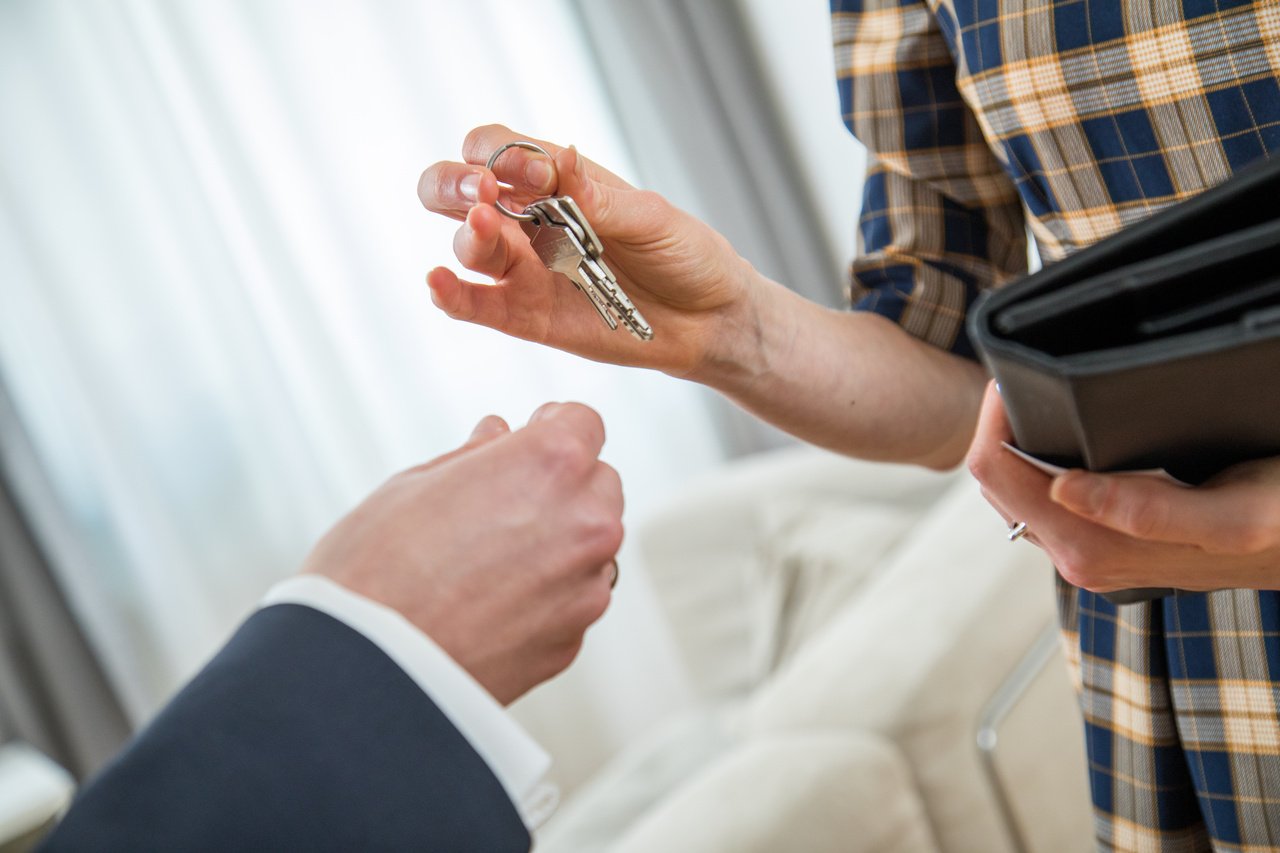
 Please whitelist us to continue reading.
Please whitelist us to continue reading.
Member comments